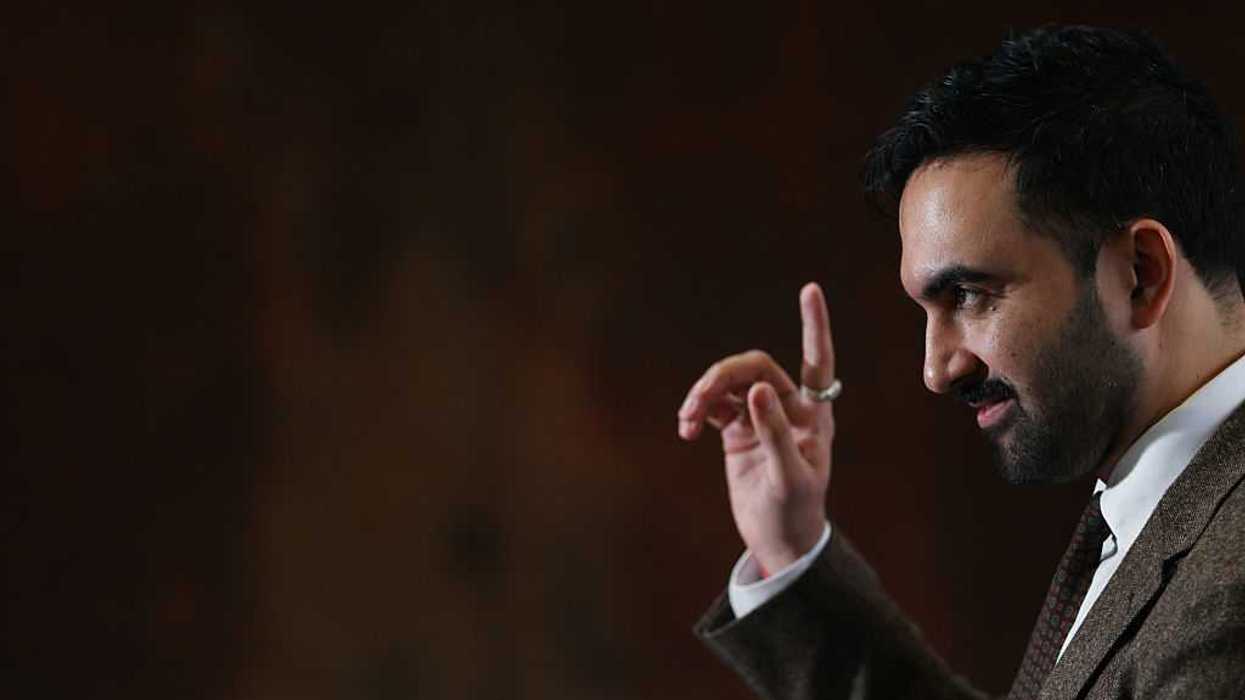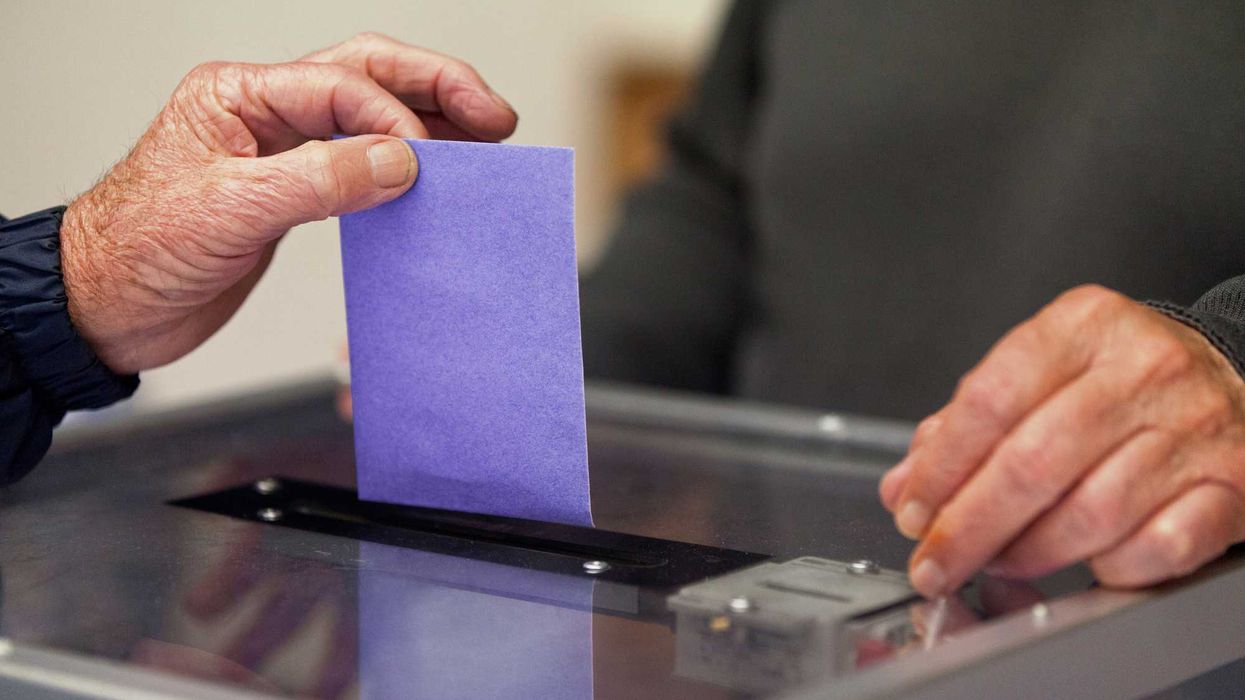America’s political landscape is deeply divided. The shouting matches, the name-calling, the constant finger-pointing—it's easy to feel like unity is a pipe dream. But every so often, something remarkable happens. Something that cuts through the noise and reminds us that, despite our differences, we might still agree on some of the most important things.
That’s exactly what occurred when a group of unlikely allies—staunch conservatives and progressive advocates—came together to craft a new declaration of principles for criminal justice policy.
Imagine the American Civil Liberties Union shaking hands with the American Conservative Union/CPAC. Picture policy wonks from the American Legislative Exchange Council (ALEC) sitting across the table from advocates at the
Leadership Conference on Civil and Human Rights. It sounds like a joke. But it wasn’t.
It was the start of something real.
Convened by the Council on Criminal Justice and Princeton’s School of Public and International Affairs, with backing from The Just Trust, this unlikely collection of groups—seven organizations from the right, seven from the left—agreed on four core values they believe should guide the American justice system: safety, fairness, dignity, and accountability.
These are big words, sure. Some might say they’re too broad to mean much. But what makes this declaration powerful is the way it breaks those words down—and finds a balance between perspectives that usually clash.
Take accountability. The declaration affirms that crime cannot be excused and perpetrators must answer for their actions. But it also recognizes factors like family, schools, and neighborhoods affect behavior. Individuals should be held responsible and so too should society. That means we owe real chances at redemption and reintegration to those who have broken the law, served their time, and demonstrated a commitment to change.
Or consider fairness. On one hand, that means upholding the rule of law and the time-honored values enshrined in our Constitution—the backbone of conservative legal thinking. On the other, it means ensuring outcomes in the justice system don’t depend on race, income, or political clout—concerns often voiced by progressives.
And safety? That must include ample funding for proactive policing that works to prevent, deter, and solve crime, and acknowledge the role of prisons in removing dangerous people from our neighborhoods. But at the same time, we must focus on improving access to services, from mentoring for youth to mental health treatment, so fewer people end up in the justice system in the first place.
Finally, all participants embraced the concept of dignity, which requires us to fight for justice on behalf of those who have been victims of crime, ensuring they are made as whole as possible from the injuries—physical, emotional, and pecuniary—that crime so often inflicts. By the same token, it means we must acknowledge the inherent human worth of those who have violated our laws.
Perhaps the most extraordinary part of this effort isn’t the principles themselves. It’s that these groups were willing to sit down, talk, and risk criticism from their own camps to find common ground. In an era when virtue-signaling often overtakes bridge-building, that takes courage.
This declaration doesn’t play to partisan talking points. There are no slogans, no culture war buzzwords. Instead, it offers something rare: a path forward rooted in shared humanity and mutual respect.
Because here’s the truth: Liberals don’t win when someone violent is released only to harm again. And conservatives don’t win when innocent people are jailed due to broken systems or held far beyond a period of just punishment. That’s why implementing practices to prevent and remedy wrongful convictions has been embraced by both ALEC and the ACLU. Justice shouldn’t be about winning or losing. It’s about doing what’s right—together.
Sure, we’ll still argue about things like the death penalty or gun control. That’s part of democracy. But agreeing on the values that should guide our justice system? That’s foundational. That’s how we build trust. And without trust, the rule of law doesn’t stand a chance.
Marc A. Levin and Khalil Cumberbatch co-lead the Centering Justice Initiative at the Council on Criminal Justice where Levin is Chief Policy Counsel and Cumberbatch is Director of Engagement and Partnerships.



















